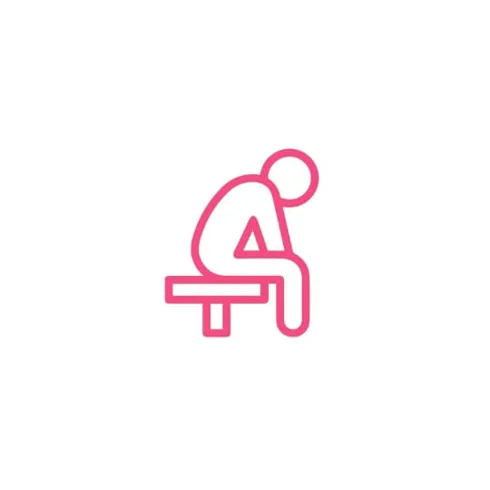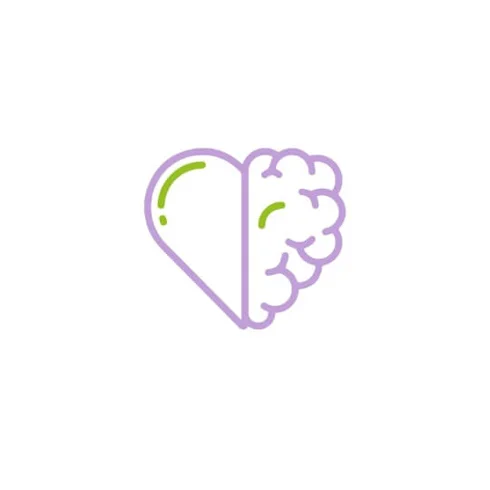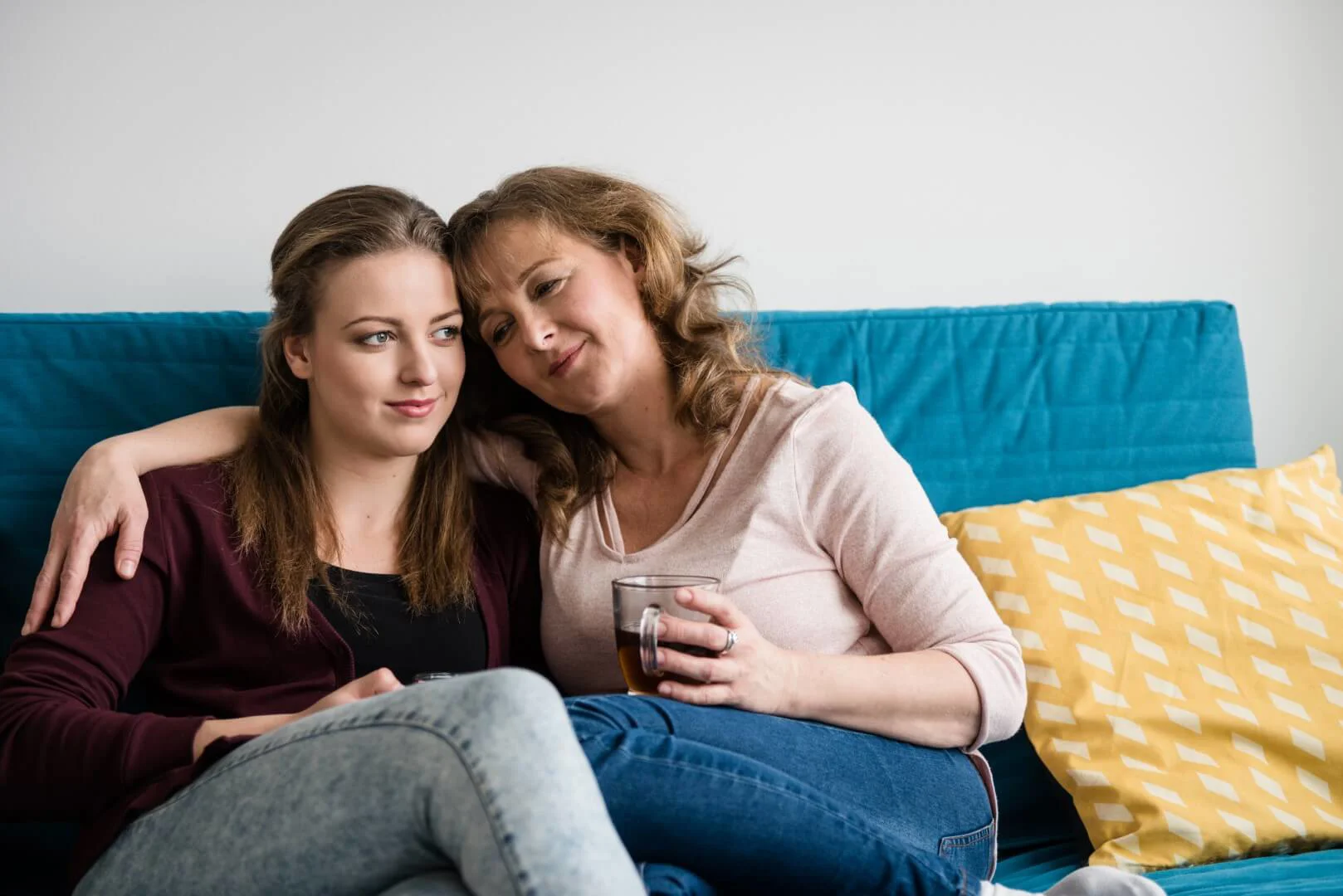Helping your child recognise physical cues can be useful for identifying when anxiety levels may be rising, and you may need some coping strategies. At a calm moment ask them what it feels like for them. For young children you could use a teddy or ask them to draw how they are feeling, for older ones you could ask them to write about their feelings. This may be particularly helpful for those who are not sure what they are feeling or find it hard to describe.
Supporting a child with anxiety
Guidance for parents and carers
If your child is experiencing high levels of anxiety, it can be worrying for you as a parent or carer.
This booklet looks at anxiety, its impact while offering practical ideas for your child – and you – to deal with this common but distressing experience.
If you would find it helpful to have this information in a booklet, you can download it as a pdf or order a hard copy.
Understanding anxiety
What does anxiety look and feel like?
Anxiety can have many physical and psychological signs, for example:

Behavioural
Being irritable, angry, tearful, avoidant, oppositional or withdrawn.

Physical
Dry mouth, loss of appetite, going to the loo more, headaches, sweating, difficulty breathing, tight chest, problems getting to sleep or staying asleep.

Cognitive
Being forgetful, disorganised, confused, loss of concentration.

Psychological
Feeling on edge, wanting to escape, feeling out of control, everything speeding up, feeling people are looking at you.
What’s happening in our body when we’re anxious?
- When we experience anxiety, our bodies are often producing higher levels of hormones like adrenaline and cortisol.
- These are chemicals in our body which are normally released to help us react quickly to something or get away from something dangerous – for our ancestors this might have been a wild animal, a bear perhaps.
- This is often called the ‘fight or flight’ response.
- When something causes us to feel anxious these chemicals build up in our body, but don’t necessarily get used up (because there aren’t many bears about these days).
- This build-up of chemicals can result in unpredictable and sometimes explosive reactions.

What can be the impact of anxiety?
Anxiety can get in the way of what we think are normal day to day actions.
It can impact the parts of the brain which help us with things like memory, understanding language and other communication, and what we call ‘executive functioning’.
This means things like planning ahead, doing tasks in the right order and making reasoned decisions can become much harder.
A child’s reaction to anxiety can sometimes be mistaken for poor or disruptive behaviour, which can mean we miss the emotional response behind the behaviours.
Parents and carers often find it hard to understand the logic of their children’s behaviour and the choices they make, especially during adolescence.
In these years, the brain is geared more towards emotional and social responses – for example getting approval from their friends and peers – than ‘logical’ responses. So don’t feel you need to understand the logic; be more prepared to ask ‘how can I help?’.